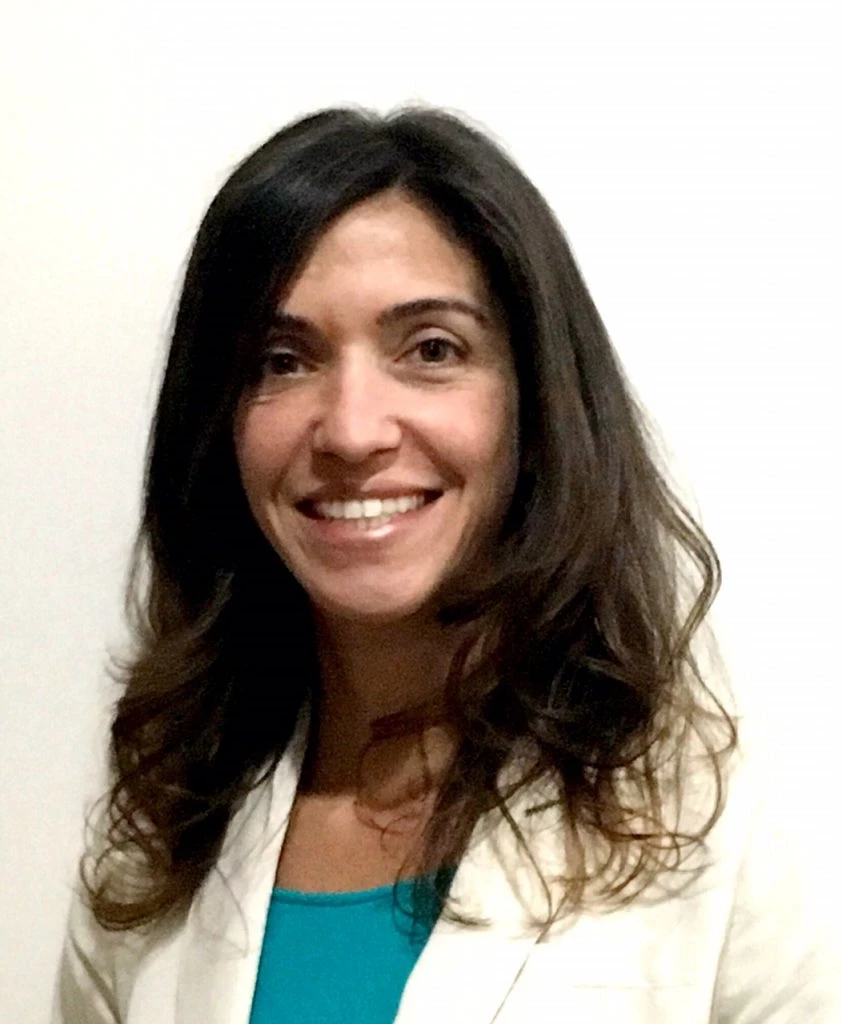“If you believe that talent isn’t determined by gender, race or sexual orientation, but is instead a roll of the genetic dice, then the most productive society will be the perfectly fair one. A society that is blind to gender, race and sexual orientation will choose the best person for the job — not just the best white, straight man,” writes Chrystia Freeland of Reuters. In other words, fairness is not only a good thing in itself, it also increases productivity.
U.S. economists Chang-Tai Hsieh, Erik Hurst, Charles Jones, and Peter Klenow argue that up to 20 percent of the aggregate wage growth in the last 50 years in the U.S. could be explained by expanded opportunities in the labor market for women and African Americans. The authors of the newly released draft paper "The Allocation of Talent and U.S. Economic Growth” report that in 1960, 94 percent of doctors were white men, as were 96 percent of lawyers and 86 percent of managers. By 2008, these numbers had fallen to 63, 61, and 57 percent, respectively.
But even with this convincing evidence, the majority of the economies in the world have legal systems which treat men and women differently. According to Women, Business and the Law 2012 (WBL), in 103 economies out of 141 covered there is at least one legal differentiation between men and women that can prevent women from getting a job or starting their own business. WBL collects data on legal gender differentiations to inform public policy decisions. The Millennium Challenge Corporation (MCC), an innovative and independent U.S. foreign aid agency, is the first organization to take WBL’s data and make legal gender parity in the economy part of its conditions for funding decisions.
MCC creates multi-year agreements (“compacts”) with eligible countries to fund specific programs targeted at reducing poverty and stimulating economic growth. In order to become eligible for this assistance, countries need to perform well on a number of policy performance indicators.
In 2011, the MCC used Women, Business and the Law data to create a new measure called “Gender in the Economy”.
“The “Gender in the Economy” indicator, one of eight indicators on the MCC scorecard measuring economic freedom, assesses a government’s commitment to promoting gender equality by providing women and men with the same legal ability to interact with the private and public sectors.” MCC included a selection of 20 Women, Business and the Law’s questions from the Accessing Institutions indicator. This indicator measures the legal capacity of married and unmarried women to get a job, register a business, sign a contract, open a bank account, choose where to live, get passports, travel domestically and abroad, pass citizenship on to their children, and become heads of households.
WBL indicators are a good fit for MCC’s mission of reducing poverty through growth. Unlike indicators that look at women through health and gender lenses as passive actors in need of support, WBL looks at women as economic actors who should be empowered and fully integrated in the economic life of the society. For example, human trafficking is a particularly grave problem for women. Women often end up in this vulnerable situation because they cannot find employment or business opportunities in their home countries. One solution to this problem is to work with border patrols to prevent human trafficking. Another, adopted by WBL, is to cut to the root cause of the problem and remove legal barriers that prevent women from getting jobs or opening businesses.
WBL’s legal indicators are comparable across economies and answers to legal questions are linked to primary source legislation. This is unprecedented for current gender indicators. Apart from questions on accessing institutions, WBL also covers using property, getting a job, providing incentives to work, building credit and going to court.
Only half a year later after MCC added “Gender in the Economy” using Women, Business and Law’s data to their selection system, there have been fruitful results from this “carrots and sticks” approach. Benin, Lesotho, and Senegal already have compacts with MCC, but want to increase their chances of a second compact by improving their performance on the “Gender in the Economy” indicator. Sierra Leone, which was not in the initial set of economies assessed by WBL, formally requested to be included after the MCC updated its selection system to incorporate the WBL indicators. Cote D’Ivoire does not meet the MCC criteria and is working to do so by, among other things, improving their performance on the “Gender in the Economy” measure. And Niger has a threshold program and is seeking eligibility for an initial compact by looking into making necessary legal changes.
The cooperation between the MCC and WBL plays an essential role in ensuring that governments recognize and address gender inequality as a constraint to growth and continue to undertake actions to improve the economic rights of women and men around the world. The convincing evidence that fairness increases economic productivity and that there is growing interest in removing gender restrictions show that we are on the right path to achieving greater development outcomes for all.



Join the Conversation